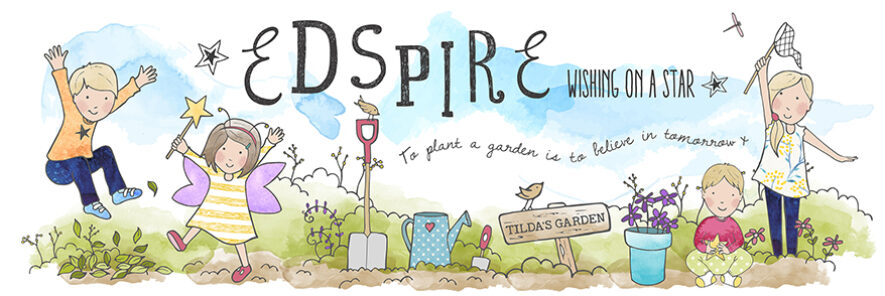This is a sponsored post

Children are inquisitive by nature. Small children explore their environment using their senses, primarily touch, and a parent with small children will be all too familiar with their child’s penchant for putting everything and anything into their mouths and covering the entire house in sticky fingerprints. So, whilst younger children are naturally curious, as they get older it is beneficial to provide the right environment to nurture this curiosity and encourage them to continue their career as a miniature explorer. A prep school in Oxfordshire has shared their advice on how to keep your child’s curiosity candle burning throughout their early years.
As your child’s personality starts to emerge, they will naturally show fondness towards particular activities and pastimes. It is important to allow them to express themselves in their own unique way, whilst also encouraging them to try new things. Children tend to love messy play activities, which is the perfect way for them to explore their creativity and curiosity. Head outside if the weather is fit or lay out a plastic sheet inside to avoid destroying your carpet and soft furnishings. Offer them a selection of mediums to experiment with such as paint, crayons, glue sticks and construction paper, then allow them to take the lead.
Essentially, it’s wise to mix up your routine from time to time. Structured activities don’t leave much room for imagination, so let your child experiment and be led by their own curiosity. It’s easy to be drawn to the same old activities that your child loves over and over again, but this doesn’t leave much room to be inquisitive and develop their understanding of the world.
When introduced to new surroundings your child’s inner explorer will be awakened. Taking them to a play park you haven’t visited before will encourage them to investigate their new surroundings and test the limits of their bravery as they master an unfamiliar slide or climbing frame. Getting wrapped up and going on a nature walk is another way to spark their curiosity, as they will see things they may not experience everyday leading to new questions and opportunities to learn.
When your child does come to you with thoughts and queries, try to engage with them as much as you can. You may not know the answers to all of their questions, and you may not always have time for an in-depth chat about something deep and meaningful but turning them away will only make them feel reluctant to come to you again in the future. Rather than shrugging them off, tell them that you will set some time aside later in the day to investigate and help them find the answers to their questions. Praise them if they come out with something thought provoking by saying “Wow that’s a brilliant question”.
If like me you already have an inquisitive child
Or a jolly band of curious children
I think that you will very much enjoy this book
